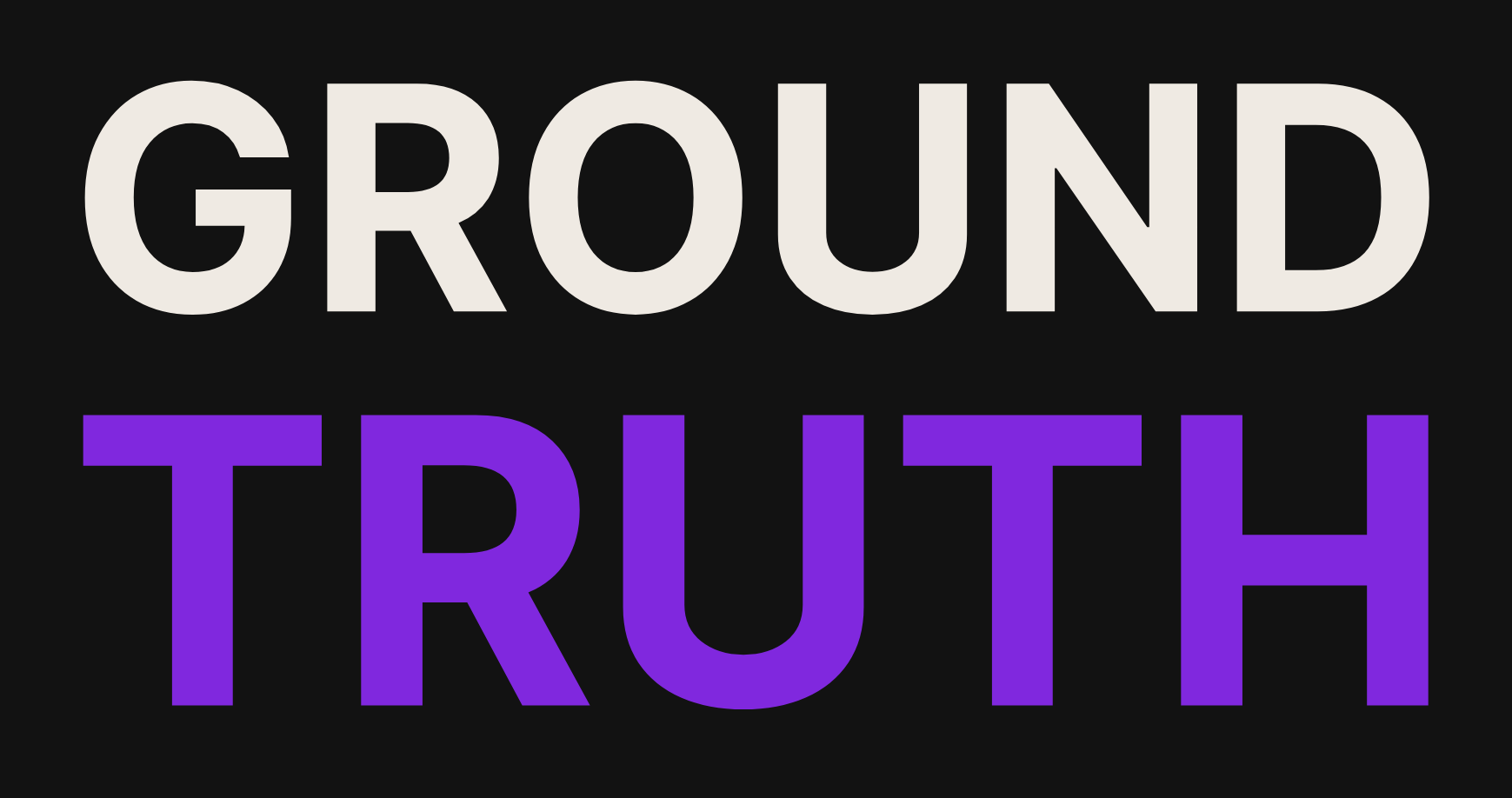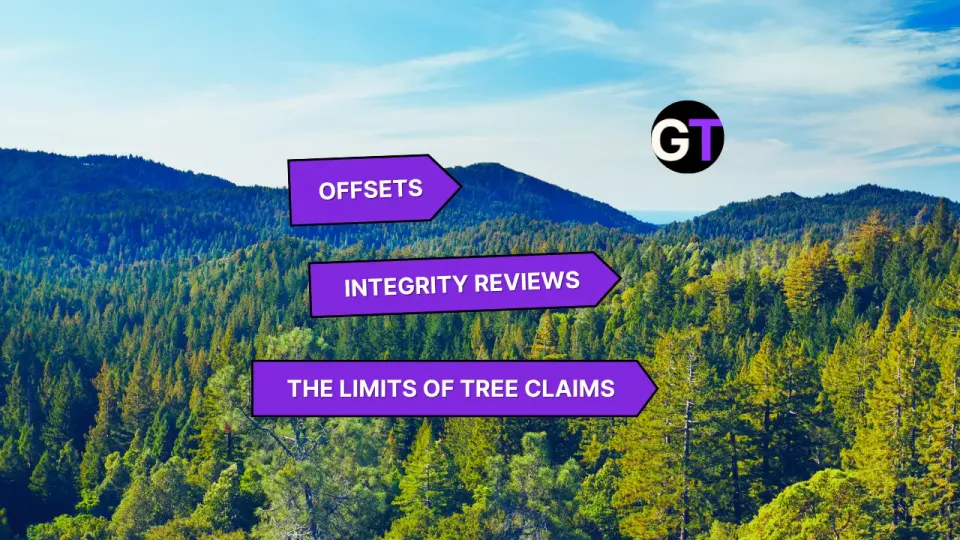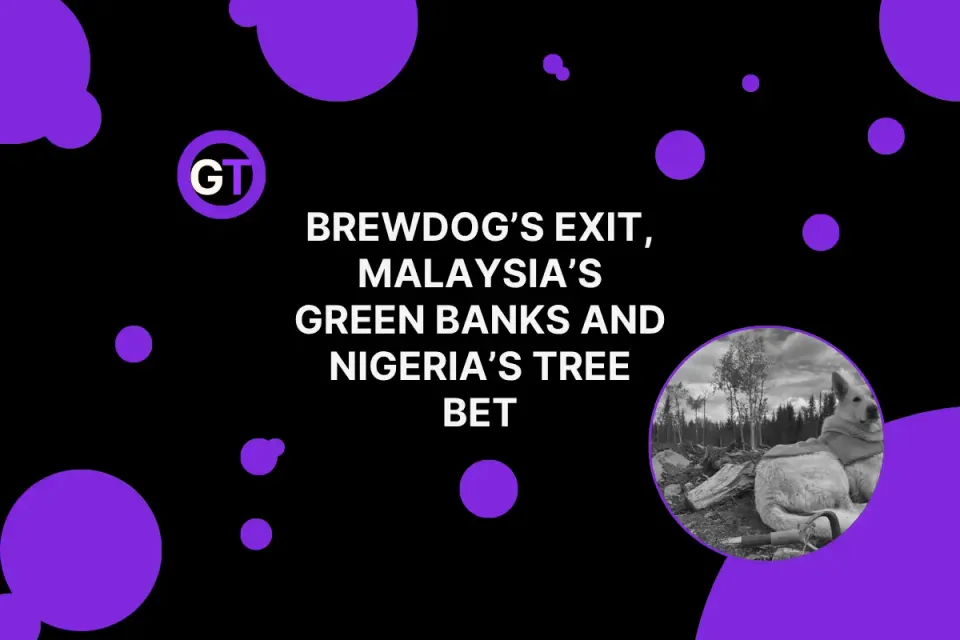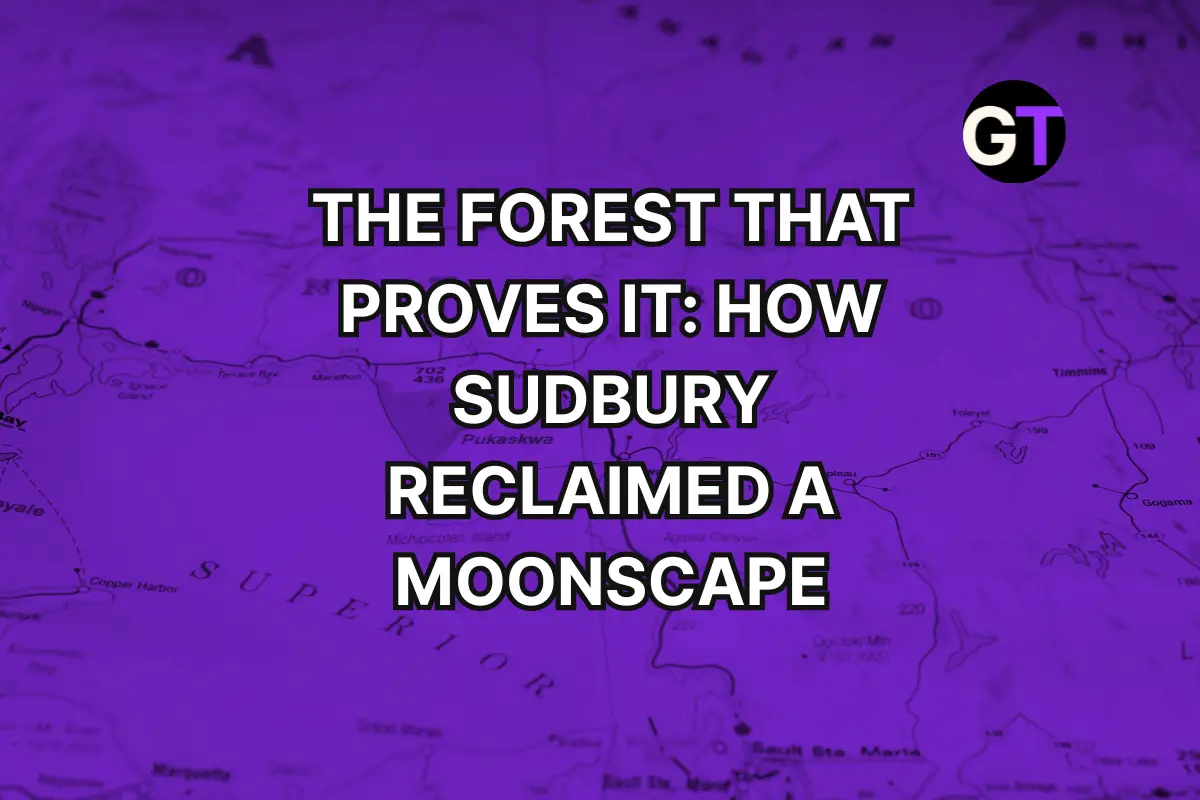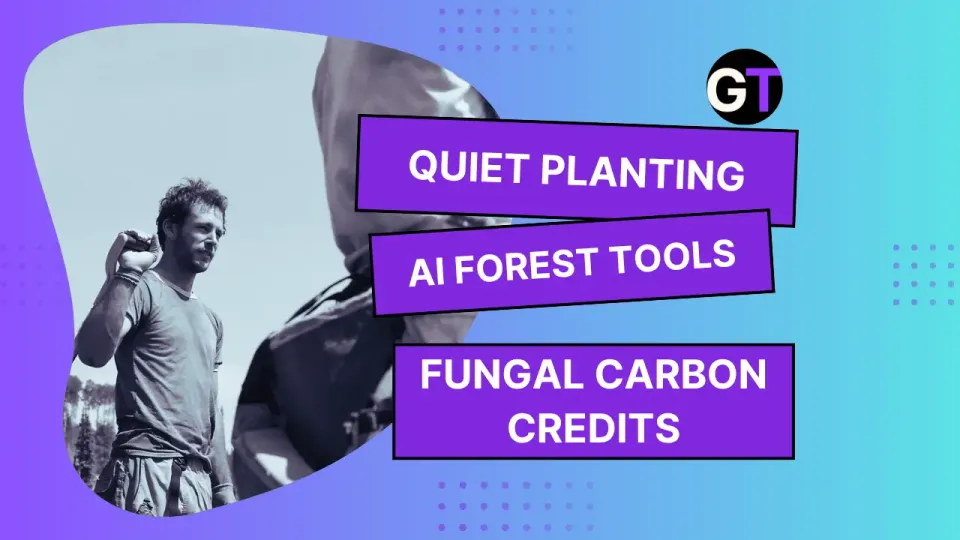Interview: Alexander Watson of OpenForests' explorer.land 🛰️
Alexander Watson of explorer.land shares his thoughts on tree mapping software and digital storytelling for nature-based solutions.
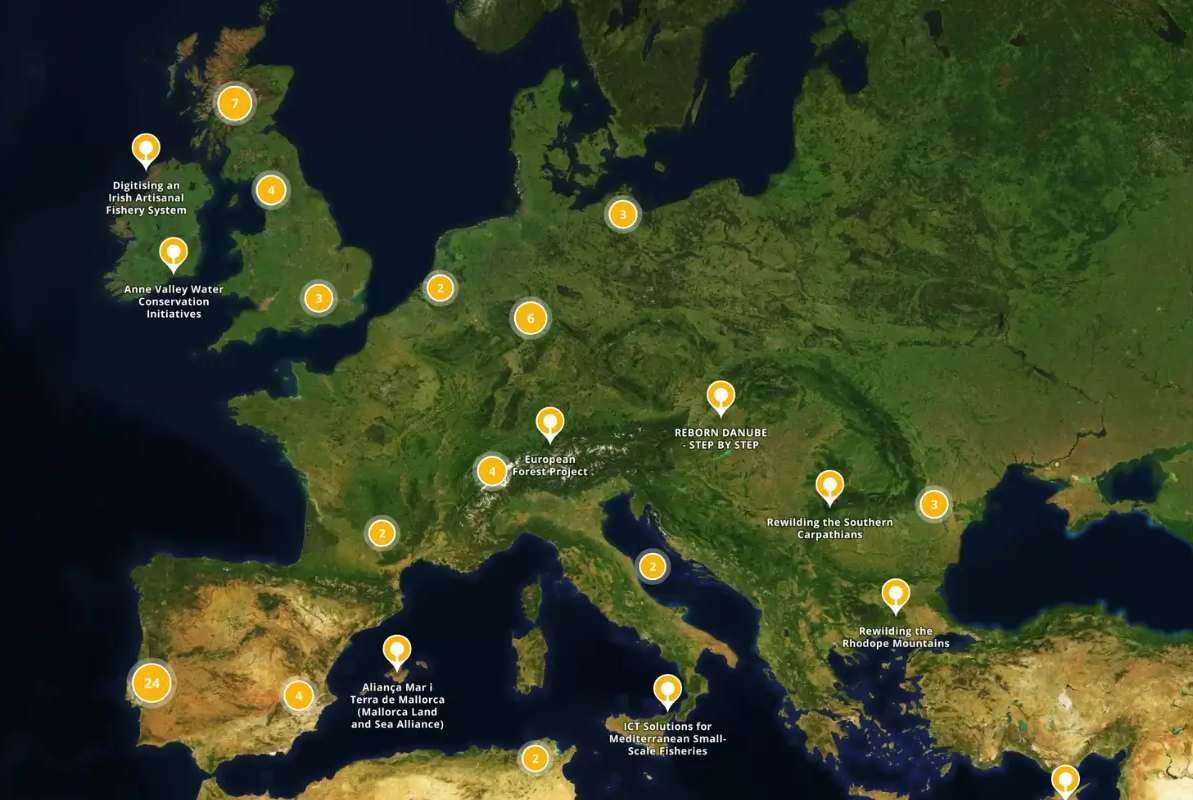
Alexander Watson’s explorer.land is revolutionizing how we tell the stories behind nature-based projects. This innovative geospatial platform blends satellite imagery, drone data, and geolocated updates to create an interactive map that doesn’t just track progress—it brings it to life. It turns complex environmental data into powerful narratives that anyone can follow.
explorer.land is a cutting-edge platform for communication and transparency in nature-based solutions, standing alongside industry pioneers like Restor.Eco, a science and community platform for restoration, and Open Forest Protocol, a blockchain-based carbon standard. What distinguishes explorer.land is its storytelling-driven approach, which integrates transparency with engaging visual updates, news posts, and data layers. This ensures that all stakeholders—whether funders, project developers, or the public—can actively observe, verify, and connect with tangible environmental progress, addressing challenges such as greenwashing and double counting in carbon markets
Transparency is the beating heart of explorer.land. It transforms raw geospatial data into a clear and honest record of what’s happening on the ground. Reforestation? You can watch it grow. Biodiversity gains? See them unfold. It’s not just data; it’s a story of action, accountability, and impact.
I didn’t get to meet Alexander or his colleagues Lea Smadja and Laura Beaujour in person, but they generously answered my questions about explorer.land’s mission. Here’s what they had to say about redefining transparency and using storytelling to inspire trust, collaboration, and real-world results in the environmental sector. And about why open data is NOT boring.
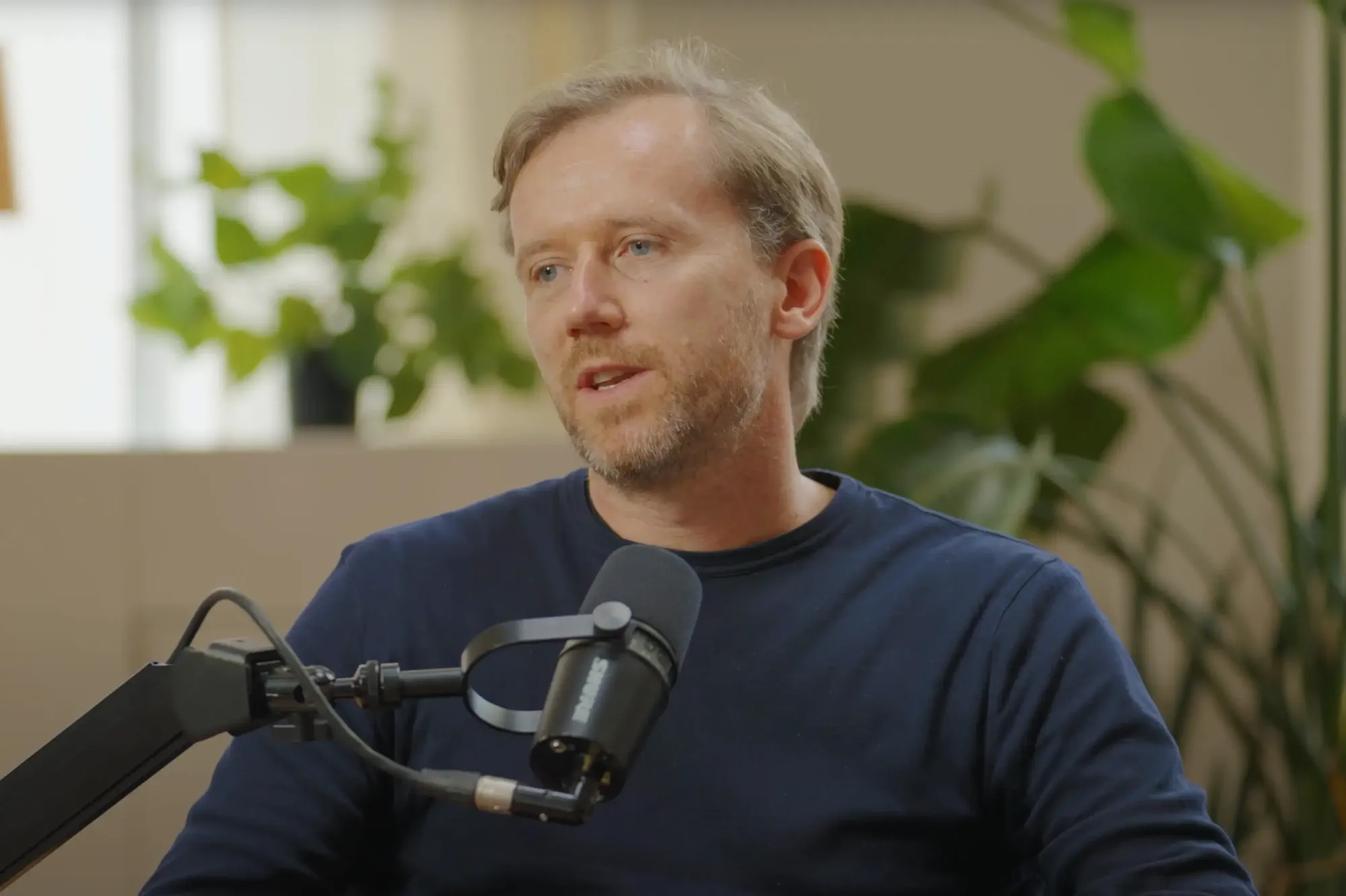
🌍 Why is Transparency in Nature-Based Solutions So Crucial?
Q: I’ve read a number of your Medium articles, so this question is a bit tongue-in-cheek! But seriously, why do you believe it's crucial for data on nature-based climate solutions to be publicly accessible, as it is on explorer.land?
Alexander Watson: We are living in a time of mistrust. A lot of private-sector funding is available, but high-quality projects are missing. Transparency—especially geo-transparency—is needed to build trust among investors. If you invest from abroad in the global south, you need assurance that your money is arriving on the ground. Satellite imagery and data can prove impact: negative (e.g., forest loss) or positive, by showing that ecosystems have been restored.
By making project data publicly accessible through open source or public data sources, projects and corporates can be held accountable for their impact. This is risky, but if projects are done well—which is indeed possible—transparency becomes a competitive differentiator.
💡 What Sparked the Creation of OpenForests and explorer.land?
Q: I really enjoyed reading about how you and two friends founded OpenForests shortly after graduating. What sparked the idea for you? Beyond the desire to tell a story, what was the real “lightbulb” moment?
Alexander Watson: Actually, we didn’t start OpenForests immediately after graduation. Stefan Haas, our Co-Founder and geo-ecologist, and I worked for a German forest investment fund developing projects in Panama and Vietnam. We noticed a glaring lack of data and transparency, which sometimes led to controversial impacts—like reforesting freshly cut-down rainforest, fueling land speculation, and causing more forest loss to supply land for reforestation.
Only by measuring impact accurately can project developers learn and create high-quality reforestation projects that build trust with funders. To improve accuracy, we brought in Dr. Patrick Ribeiro, a physicist and Co-Founder, who developed drone applications for precise forest monitoring. We began as a forest information consultancy but soon realized we couldn’t scale that service.
To maximize transparency in restoration, we standardized our mapping services in a platform—explorer.land. It allows our tools and expertise to reach a global community. Today, it’s used by over 1,500 projects.
🌱 How Can "Radical Transparency" Reshape Credibility in Carbon Markets?
Q: Do you think the current landscape of carbon credits, reforestation, and nature-based solutions is facing a credibility challenge? And do you still think radical transparency is the key to addressing this?
Alexander Watson: Absolutely, there’s a credibility crisis. Scams in the carbon market have damaged the reputation of an entire sector. Our perspective hasn’t changed—transparency and trust are the foundation for any collaboration or market. Only radical transparency can restore trust in the mid-term.
🌐 What Sets explorer.land Apart from Restor.Eco and Other Platforms?
Q: How does explorer.land differ from other platforms like Restor.Eco? What unique contributions does your platform bring to the table?
Alexander Watson: explorer.land focuses on combining storytelling and data integration in a unique way. Its standout feature is the interactive map interface, which mixes high-resolution satellite imagery with geolocated updates to showcase progress dynamically.
Unlike many platforms that prioritize data alone, explorer.land lets projects tell their stories directly on the map using visuals, videos, and news posts. Customization is another key feature—users can create branded project portfolios to match their identity, a rarity in conservation tools. explorer.land integrates diverse data types, providing a comprehensive way to document, monitor, and communicate progress over time and space.
🤔 Can Transparent Storytelling Counter Climate Anxiety?
Q: There’s increasing concern that revealing unintended consequences or missed goals in environmental projects can lead to public disillusionment. Can explorer.land foster optimism, especially in a time of rising climate anxiety?
Alexander Watson: There are thousands of great restoration initiatives worldwide. With explorer.land, our goal is to surface their stories and inspire public and funder collaboration.
explorer.land is one tool for storytelling and fundraising, but it’s not the whole solution. Governments need to back voluntary markets with laws and taxes that penalize environmentally destructive activities and actively support conservation.
🔎 Who Needs Transparency the Most: Investors, Scientists, or the Public?
Q: Is transparency primarily directed at project proponents, investors, scientists, or the general public—or is it aimed at all of the above? Who do you feel most needs access to the “ground truth” of these stories?
Alexander Watson: Transparency is a universal moral duty. Transparency is the foundation for truth and trust. I would say only if transparency is accessible for all stakeholders—including the public—can we call it true transparency and not just partial transparency.
🛰️ Does Ground-Truthed Data Have a Bigger Role in the Future?
You see what we did there.
Q: explorer.land emphasizes satellite data, but do you see a growing role for more transparent, on-the-ground “ground-truthed” data in the future?
Alexander Watson: With explorer.land, we enable different perspectives on nature-based projects and their impact: geolocated news posts and videos with time stamps, satellite timelines, and dozens of thematic data layers. Together, they create a multifaceted view of progress.
For example, a camera trap records wildlife, a video interview with a local farmer highlights community involvement, satellite timelines show forest growth, and data layers like deforestation alerts track encroachment. This complementary data builds a complete picture.
💪 Can Anyone Become an Expert in Conservation or Restoration?
Q: You’ve mentioned the importance of trial and error. You didn’t start as conventional “experts,” so do you think anyone can become an expert in conservation or restoration? Should we all aspire to be?
Alexander Watson: Trial and error—or A/B testing—is a simple but powerful way to learn and improve. Over time, you gain expertise that helps you avoid mistakes.
Conservation and restoration involve many disciplines: legal, socioeconomic, ecological, technical, and project management. Everyone has skills that can contribute and grow with experience.
📈 Is There More Public Appetite for Conservation Expertise?
Q: Do you sense a growing appetite for greater public involvement or expertise on conservation and restoration?
Alexander Watson: I sense it—or maybe I’m just hoping for it from inside my bubble. If we look at global surveys like the UN’s from 2024, 80% of people worldwide want their governments to take stronger action against climate change.
🤷♂️ What About Skeptics of Nature-Based Solutions?
Q: What would you say to people who remain skeptical of nature-based solutions? Personally, I’ve always felt any serious approach to mitigating climate change must include these strategies, but I’ve also seen well-meaning ideas in activism that don’t seem realistic. How do you navigate this tension?
Alexander Watson: The context of applying nature-based solutions is crucial. Global economies must avoid all emissions first—compensation should come second. If a company like Disney uses offsets to justify crude oil-powered cruise ships, I’m skeptical too.
There are naive ideas in activism, sure. But I see more naivety in politicians, industries, and billionaires. Science is clear on what’s needed, and tools like Project Drawdown show that a brighter future is achievable.
📖 Does “Open Data” Scare People Off?
Q: When advocating for transparency, have you found that the term “open data” sometimes causes people to disengage? How do you overcome that in storytelling?
Alexander Watson: Open data and transparency are threatening to harmful practices. No one wants to be exposed as destroying ecosystems for short-term gains, yet this happens often.
For companies with strong sustainability ambitions, open data is a strength. Storytelling driven by transparency draws attention to meaningful initiatives and builds well-deserved trust.
Edited by Chris Harris

This work is licensed under a
Creative Commons Attribution 4.0 International License.
